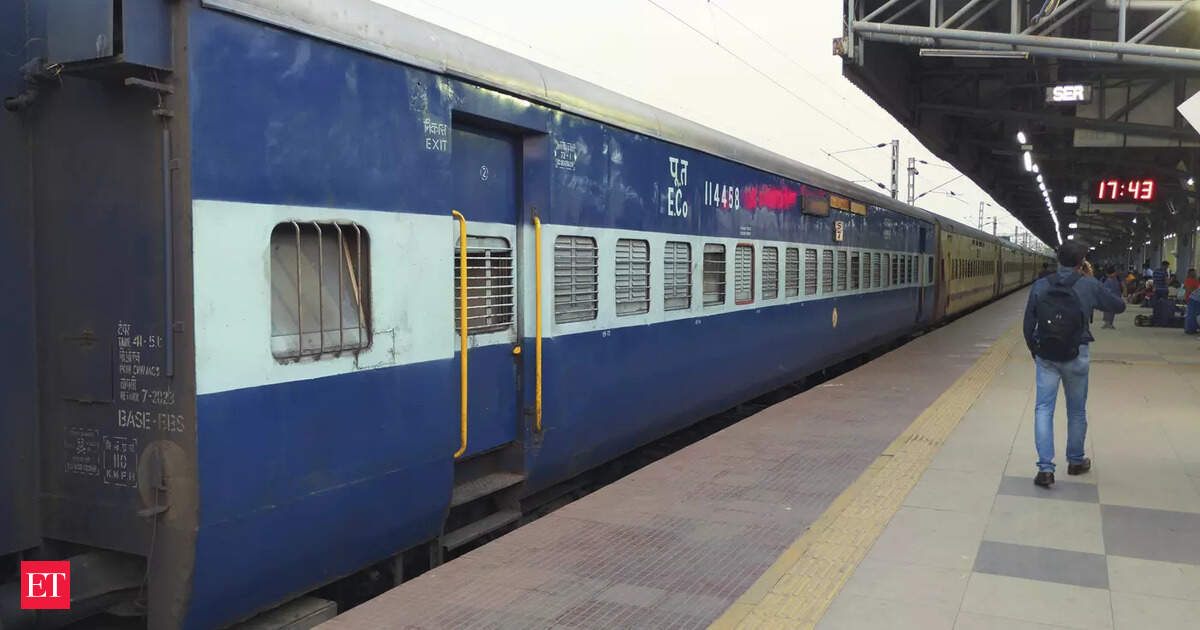Lenders parked Rs 2 lakh crore ($23.17 billion) with the Reserve Bank of India at its seven-day variable rate reverse repo (VRRR) auction last Friday, even as large outflows for goods and services tax payments loomed earlier this week.
Banks had assumed they could access cheaper funding from the collateralised market when needed, a senior treasury official at a private bank said, requesting anonymity as he is not authorised to speak to the media.
“After cash shortages in the overnight market, there will be a re-look at how much money needs to be parked in the seven-day VRRR and subscription may be muted,” said Alok Singh, group head of treasury at CSB Bank.
The weighted average call money rate (WACR) and the collateralised weighted average tri-party repo rate (WATR) surged around 40 basis points this week to 5.73% and 5.72%, respectively, on Wednesday.
The WACR, which serves as the operating rate, is typically aligned with the RBI‘s policy repo rate, currently at 5.50%. The central bank began conducting seven-day variable rate reverse repo (VRRR) auctions since June 27 and has occasionally held shorter-tenure VRRRs to help fine-tune overnight rates. While the RBI did inject liquidity through short-term repos, bankers said the move came too late, as most borrowing had already occurred at higher rates.
“It is best the RBI provides some funding at the fixed repo window on overnight basis,” said Abhishek Upadhyay, senior economist at ICICI Securities Primary Dealership.
“They can cap that amount, that will limit the need for fine tuning interventions. Also they may explore relying more on overnight VRRR operations, just like they have been willing to use overnight VRR auctions,” he added.




